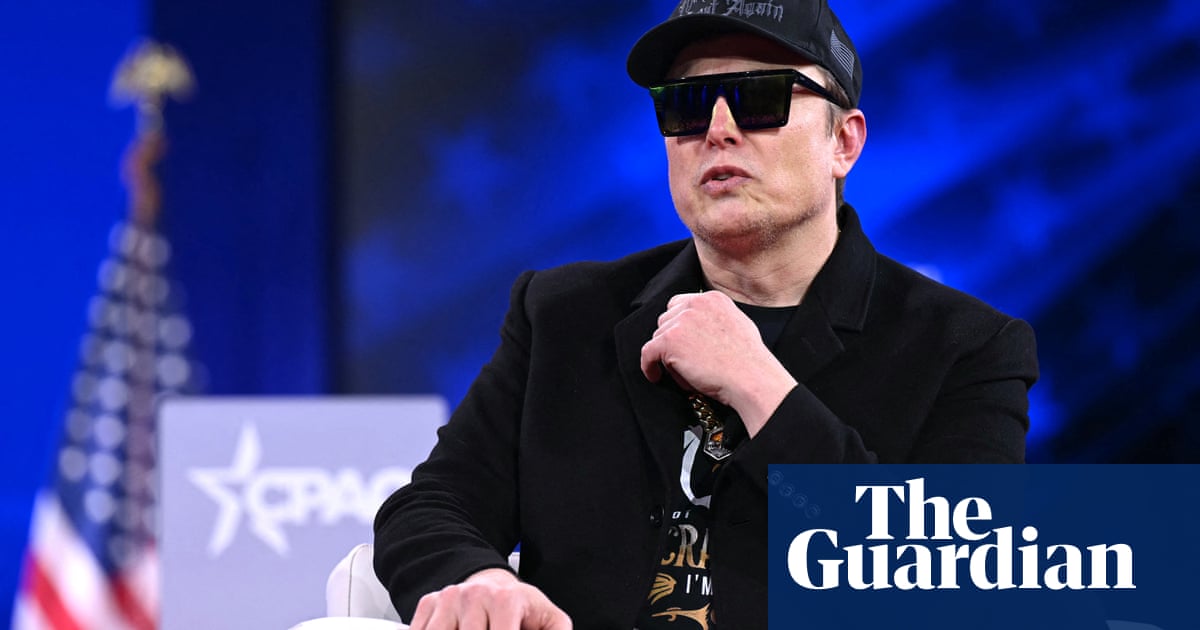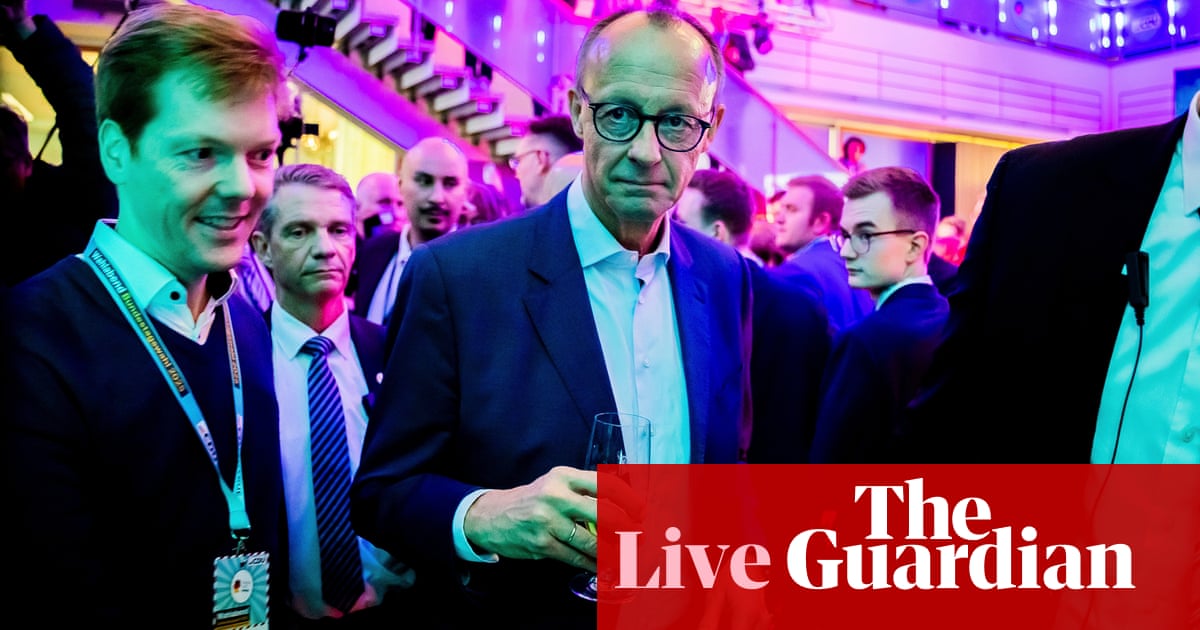It is an inevitable consequence of the inequality inherent to the “special relationship” that, as soon as someone wins the election in the US, the British government has to swallow its objections to anything they do. Donald Trump may have been “a woman-hating, neo-Nazi-sympathising sociopath” six years ago, but it’s 2024 now and the once and future president has become “a very gracious host” with a soft spot for the royal family. Tech billionaire Elon Musk might compare Keir Starmer’s Britain to Stalin’s Russia but, as long as he’s Trump’s new best friend, “he’s far too important to ignore”.
This kind of toadying must be as embarrassing for the politicians doing it as it is for those of us watching it, but it is at least understandable. Being friends with the US is not just the foundation of our national security policy, it’s pretty much the whole thing.
What is not understandable is successive governments’ failure to learn from the US experience, and to act to prevent our own democracy from being drowned in dark money. British politicians will no doubt say that overhauling regulations around political donations isn’t a priority, that they’re focused on delivering policies that will improve ordinary people’s lives instead.
But reports now suggest Musk is considering giving $100m to Reform UK as what has been described as a “f*** you Starmer payment” that would in effect install Nigel Farage as leader of the opposition. The Guardian reported on Monday that Labour might consider closing some of the loopholes that make such a wild suggestion possible – but only in the second half of this parliament, which can only mean the government has failed to understand how urgent this is.
For any US billionaire, let alone the richest man in the world, spending on British politics would be like the owner of a Premier League club deciding to invest at the bottom end of the football pyramid: he could buy not only an awful lot of players, but in short order he’d probably own the whole competition.
Total spending on the US presidential and congressional elections this year topped $15bn. In Pennsylvania alone, the two main parties spent almost $600m on advertising, so Musk’s $100m wouldn’t make much difference. In Britain, on the other hand, it would be transformational. The Electoral Commission is yet to publish its report on 2024’s general election, but it is unlikely that any of our parties spent much more than that – on central costs, candidate costs and staff costs – in the whole country over the whole year.
A pressing need, therefore, is to limit how much political parties can spend. We do already have restrictions, which were introduced after the 1990s “cash for questions” scandal. But, under Boris Johnson, the Tories increased the limits by almost half to a combined total of about £75.9m on the central party and its candidates. The increase was transparently intended to help the Conservative party since, in the 2019 election, no other party came close to raising enough money to reach the previous threshold.
The government must reduce the limit back to its old level. As with a football league, healthy competition and financial propriety suffer when one or two participants can vastly outspend the others, and the stakes are far higher in democracy than they are in sport.
If politicians are constantly battling to raise more money than each other, then they will be focused on raising funds for themselves rather than on solving the problems of everyone else. They will also, inevitably, be tempted to offer their donors concessions in exchange for that money. It is in the interests of everyone – apart, of course, from the big donors – to stop that from happening.
We also need to reduce the amount that any individual can give. If one man can give £5m to a political party, it inevitably undermines trust. Wealthy people may be different, but few ordinary voters would give away that kind of cash without expecting something in return. In an excellent analysis of the past two decades of political giving published this week, Transparency International suggests a yearly donation cap to any one party of £10,000, while the Labour-aligned thinktank the Institute for Public Policy Research apparently intends to recommend a higher limit of
Although these changes might stop Musk from throwing his $100m molotov cocktail into the House of Commons, it would not stop him – or other ill-intentioned foreign billionaires – from giving money at all, and this is where I think we need to be radical.
The US culture of massive electoral spending has deep roots, but the problem was super-sized in 2010 when the supreme court ruled that corporations have the right to free speech, that spending is a form of speech, and therefore that stopping companies from making donations was unconstitutional. The result was a huge increase in donations to groups supposedly independent of political candidates, but in practice closely aligned with them.
In the UK, only individuals registered to vote can donate money to political parties, but this restriction (along with others) can be avoided by making donations via a British-registered company, partnership or “unincorporated association”, an obscure kind of structure that can allow you to disguise who you are.
Many observers have proposed complicated arrangements to plug these loopholes, but rich people have lawyers to circumvent complicated arrangements, so I would just ban corporate giving altogether. Companies are not people. They can’t vote, and I see no reason why they should be able to fund political campaigns either. Our democracy belongs to the voters, to no one else, and we need to keep it that way.
The final step to plutocrat-proof our political system would be to re-empower the Electoral Commission, which was defanged – again, by Boris Johnson – in 2022. It needs to have its independence from government restored, and to be able to impose the kind of fines that would make even a US billionaire think before seeking to undermine the integrity of our elections. We also need to toughen the law to impose serious criminal penalties for anyone who breaks the law anyway.
Democracy is in retreat everywhere, and we cannot be complacent that Britain’s version will survive today’s challenges just because it has in the past. But if we use Trump’s election as the impetus to finally build defences for our political system against dark money and its owners, then at least some good will have come out of it.
-
Oliver Bullough is the author of Butler to the World: How Britain Became the Servant of Tycoons, Tax Dodgers, Kleptocrats and Criminals, and Moneyland: Why Thieves and Crooks Now Rule the World and How to Take It Back

 2 months ago
40
2 months ago
40













































